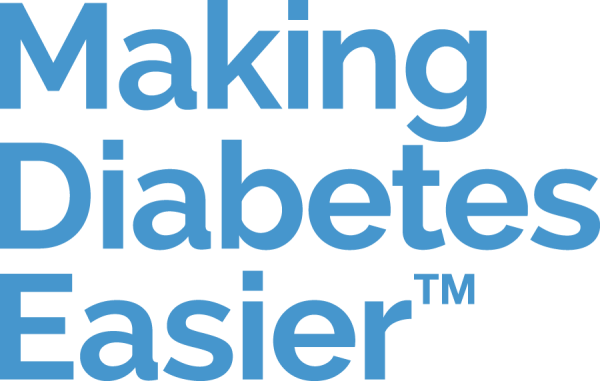Tattooing and diabetes: can I get a tattoo?

When you have diabetes, the desire to get a tattoo can raise several questions. Are diabetes and tattooing compatible? Are there any special precautions you need to take?
Getting a tattoo with diabetes: it is possible and completely safe
You are seriously considering having a tattoo done, but you don't dare to take the plunge? Don't worry. It's normal to be a little anxious before a first tattoo. As your desire to get a tattoo grows, you may wonder about certain aspects. Will it be painful? Will the result be up to my expectations? Will I regret it?
If you are living with diabetes, you may also wonder if tattooing is even possible. The answer is yes! You have no reason to worry. Diabetes in no way rules out tattooing [1,2]. Whether you have type 1 or type 2 diabetes, you can get a tattoo with complete peace of mind [1,2]!
A few precautions
Choice of the tattoo artist
Tattooing is perfectly safe if done in an approved establishment that respects the essential hygiene rules [3,4]. When choosing your tattoo artist, it’s a good idea to check that the tattoo studio is clean and uses sterile equipment [2]. Before making an appointment, you can also check the tattooist's credentials and read reviews by other clients.
Mention your diabetes to the tattoo artist
Consider informing your doctor or other healthcare providers of your wish for a tattoo [1,2,3,4,5]. They will be able to check your haemoglobin level (HbA1c) and confirm that your blood glucose level is sufficiently stable [1,5] to ensure correct healing [5]. Also, remember to inform your tattooist about your diabetes [1,2,5].
Your choice of design
Whether you want a tattoo for symbolic, cultural, religious, or aesthetic reasons, the choice of design is yours! Each tattoo has its own 'raison d'être'. For some, it is purely decorative, while for others, it allows you to express your individuality or your sense of belonging to a community. It can even be seen as a way to feel more in control of your body and display a positive self-image on your skin [1,2].
In recent years, another type of tattoo has also appeared: the "medical alert" tattoo [1,2,5,6]. Specifically in the context of diabetes, it usually means getting "type 1 diabetic" or "type 2 diabetic" tattooed in order to inform medical staff of your medical profile in the event of an emergency [1,2,3,4,5,6].
Aftercare and healing
Once your tattoo is finished, the tattooist will advise you on how to take care of it, what to do and what not to do, and what products to use [1]. General recommendations are as follows:
- wash it with a neutral pH or antiseptic soap;
- apply a moisturiser 3 or 4 times a day until it is completely healed [1].
It usually takes around a week for the tattoo to heal completely [1].
By going to the tattoo artist when your diabetes is well controlled, indicating a location for the tattoo that is not damaged, and being meticulous about following theaftercare recommendations, your dream tattoo can become a reality and live up to all your expectations [1,3,5]!
References
- J. Serup J., Kluger N., Bäumler W. Tattooed Skin and Health. Current Problems in Dermatology. Vol 48. Karger Publishers. 2015.
- Kluger N, De Cuyper C. A Practical Guide About Tattooing in Patients with Chronic Skin Disorders and Other Medical Conditions. Am J Clin Dermatol. 2018 Apr;19(2):167-180.
- Chadwick S, Shah M. Tattoos: ancient body art may assist in medical emergencies. Eur J Pediatr. 2013 Jul;172(7):995.
- Kluger N, Aldasouqi S. The motivations and benefits of medical alert tattoos in patients with diabetes. Endocr Pract. 2013 Mar-Apr;19(2):373-6.
- Glassy CM, Glassy MS, Aldasouqi S. Tattooing: medical uses and problems. Cleve Clin J Med. 2012 Nov;79(11):761-70
- Barwa J, Rani A, Singh R. Art of Tattooing: Medical Applications, Complications, Ethical and Legal Aspects. International Journal of Medical Toxicology and Forensic Medicine. 2016;6(3): 156-63.


